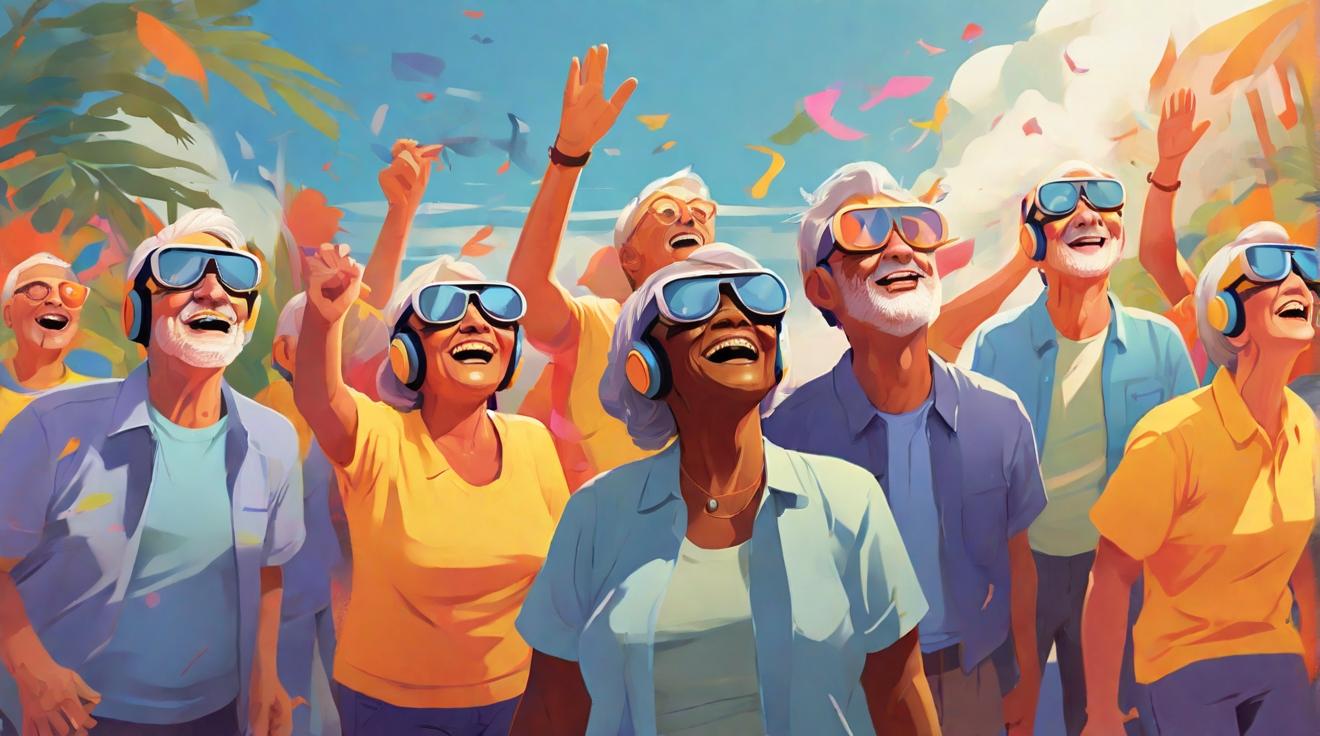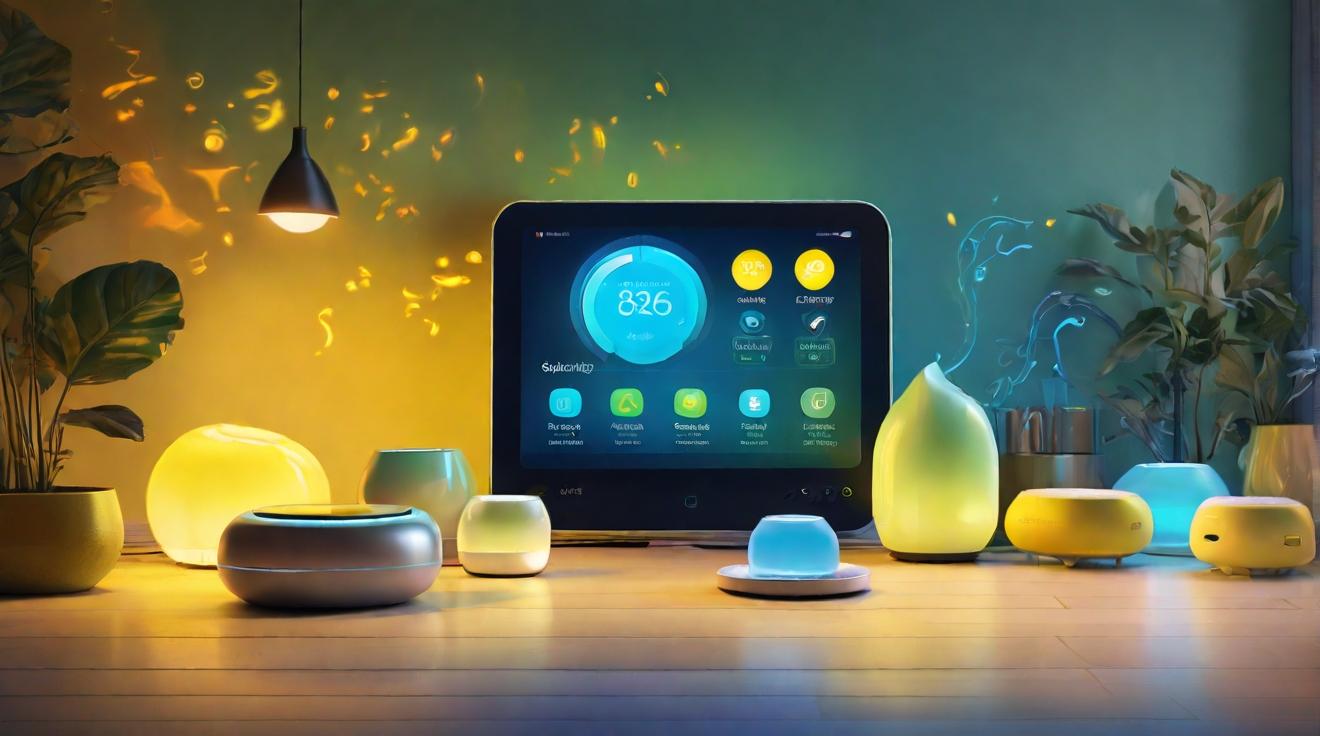New Study Shows VR Technology Improves Emotional Well-being in Retired Individuals
A groundbreaking new study conducted by researchers at Stanford University has found that virtual reality (VR) technology greatly enhances the emotional well-being of retired individuals. The research, published in the esteemed journal Cyberpsychology, Behavior, and Social Networking, revealed that nearly 80 percent of participants reported an improvement in their emotional state after experiencing VR.
The study introduced VR systems in 17 retirement communities across the United States, with 245 seniors aged between 65 and 103 taking part. Equipped with advanced headsets offering immersive experiences, participants engaged in activities such as parachuting, music performances, and interacting with animals.
Not only did nearly 80 percent of participants experience improved emotional states, but close to 60 percent also felt reduced social isolation. Caregivers reported improved moods in seniors after VR sessions, with over 80 percent of participants and 95 percent of caregivers noting enhanced relationships through discussing the VR experiences.
The research, led by Stanford University in collaboration with a VR product design company, highlighted the technology’s ability to facilitate memory recall and stimulate engagement, particularly beneficial for dementia patients. The findings demonstrate the significant potential of VR in enhancing the emotional well-being and quality of life for retirees, offering hope for positive impacts on the aging population.
Analyst comment
Positive news. The study shows that VR technology improves emotional well-being in retired individuals, with 80% reporting improvement in their emotional state. VR also decreases social isolation and has the potential to assist dementia patients. The market for VR technology aimed at retirees is expected to grow as the positive impact becomes more widely recognized.













